
The Future of Recruitment: A Practical Guide for AI-Enhanced Human-Centric Hiring
How can organizations harness AI and data-driven tools to improve hiring outcomes—without losing the essential human judgment and fairness that define great recruitment?
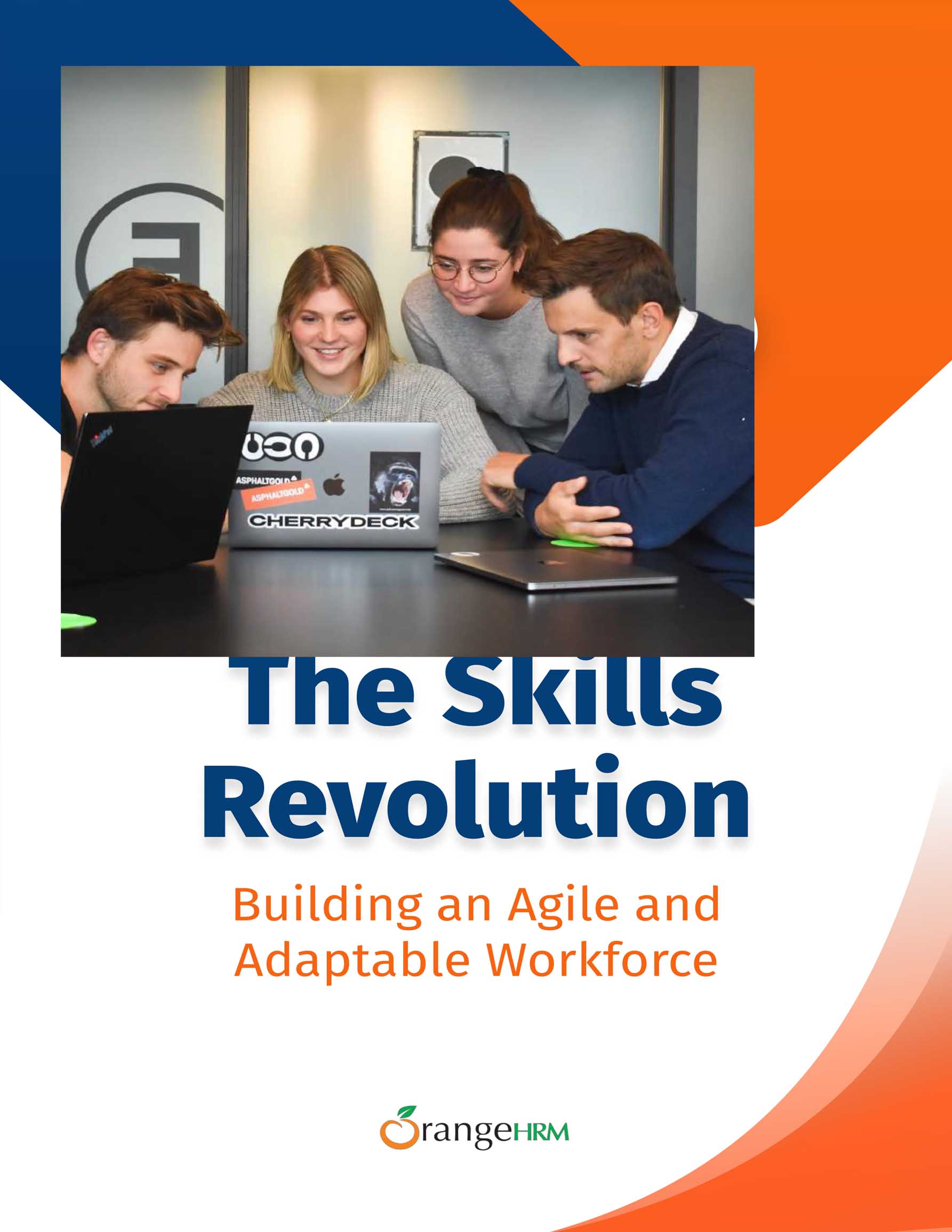
The Skills Revolution: Building an Agile and Adaptable Workforce
The workplace is transforming at an unprecedented pace. As you navigate this era of rapid technological advancement, shifting market demands, and evolving workforce demographics, one thing is clear, adaptability and agility have become essential to sustaining growth and competitiveness. Traditional skillsets and rigid roles are no longer enough to thrive in a business environment that is constantly evolving. To stay ahead, you must foster a workforce that is not only skilled but also agile, adaptable, and resilient.

Beyond Burnout: Creating a Workplace Culture of Well-being
In a highly demanding work environment, burnout has become an alarmingly common issue, affecting employees across industries. As workloads increase and workplace stressors mount, employees often find themselves overwhelmed, exhausted, and disengaged. Burnout, characterized by emotional exhaustion, cynicism, and decreased productivity, not only takes a toll on the individual but also impacts the broader organizational health.
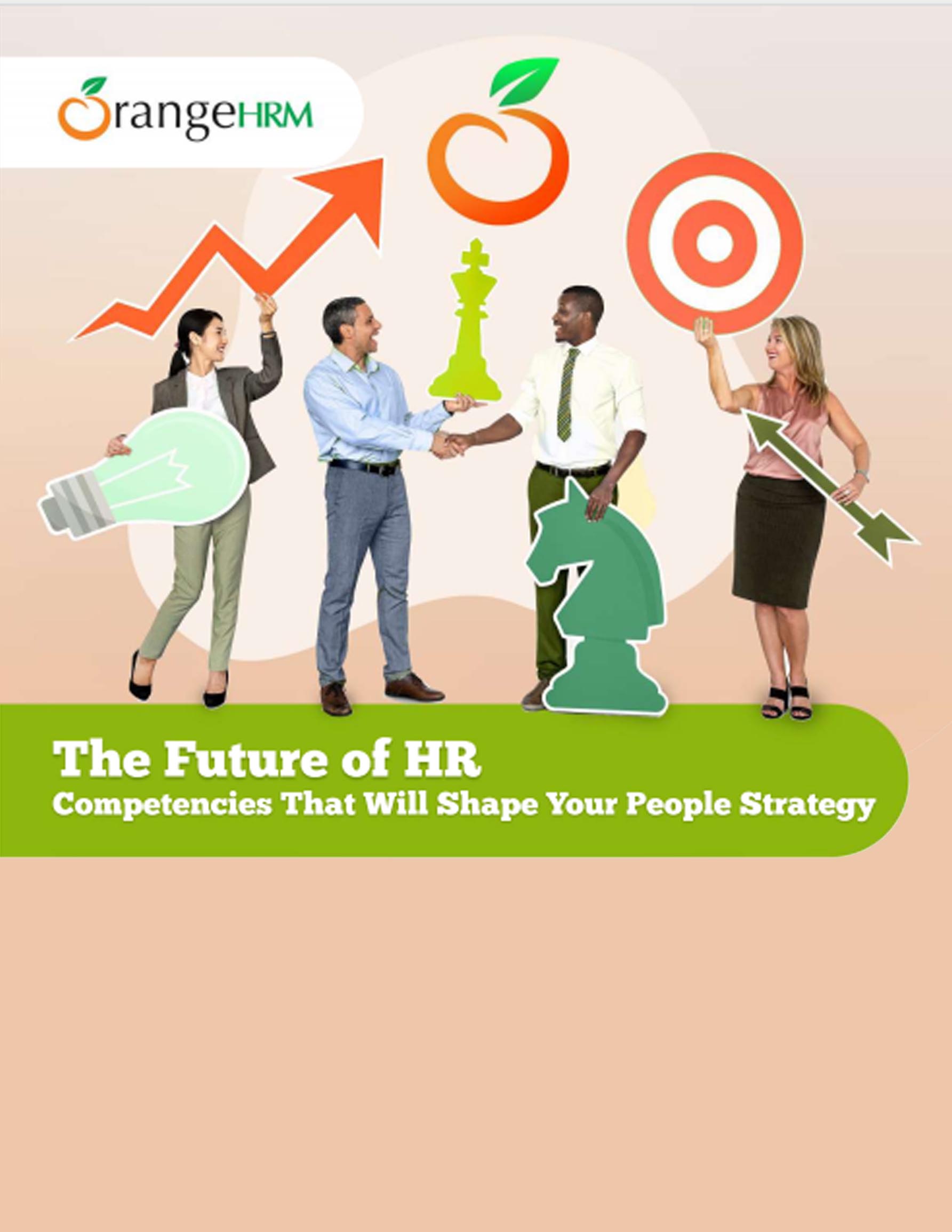
The Future of HR
Discover the essential guide to shaping a robust People Strategy in the ever-evolving landscape of Human Resources with our ebook, "The Future of HR Competencies That Will Shape Your People Strategy." Uncover the key competencies crucial for success in the future, exploring cutting-edge insights and practical strategies to navigate the dynamic challenges of HR.

The Business Case for HR: How HR Can Drive Strategic Impact
Discover the transformative journey of Human Resources (HR) from administrative support to strategic powerhouse in the eBook "The Business Case for HR: How HR Can Drive Strategic Impact." This insightful read explores how HR has evolved into a strategic partner, contributing directly to business growth and success. Learn how modern HR's role goes beyond traditional functions, shaping a new era where HR becomes a driving force for strategic success.
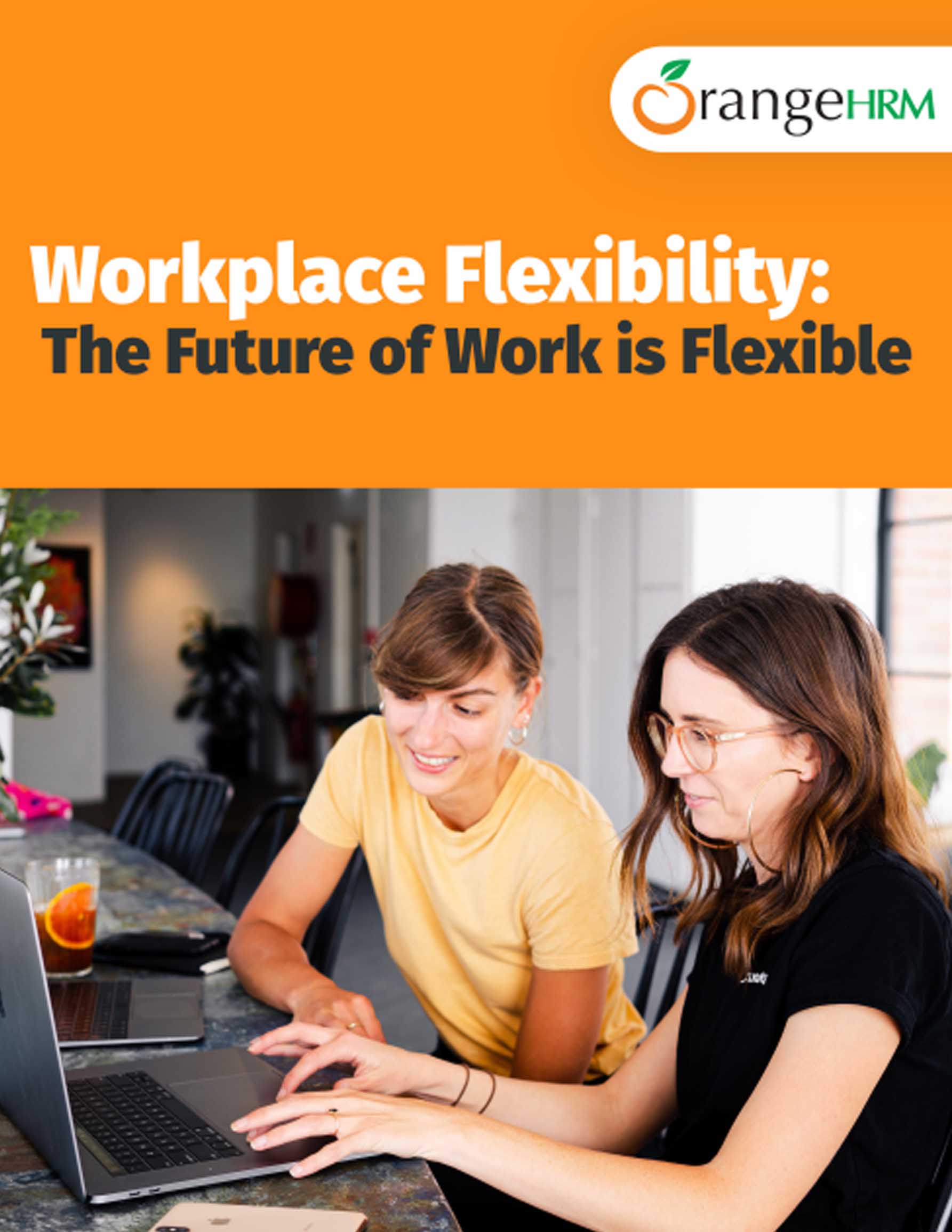
Workplace Flexibility: The Future of Work is Flexible
In today's fast-paced and ever-changing work landscape, it's becoming increasingly important for businesses to prioritize workplace flexibility. Creating a positive culture that values employees and offers flexibility not only leads to happier individuals but also boosts productivity. This plays a vital role in employee retention, making it crucial for organizations to cultivate an environment that attracts and retains top talent.

Culture and Retention: How to Make Your Company’s Culture Thrive
People perform better when they feel they are valued, so creating a positive work culture can have benefits that not only make for happier employees, but more productive ones as well. Because a favorable company culture has a direct correlation to employee retention, it’s imperative for businesses to find ways to cultivate an environment that attracts and keeps the best talent.
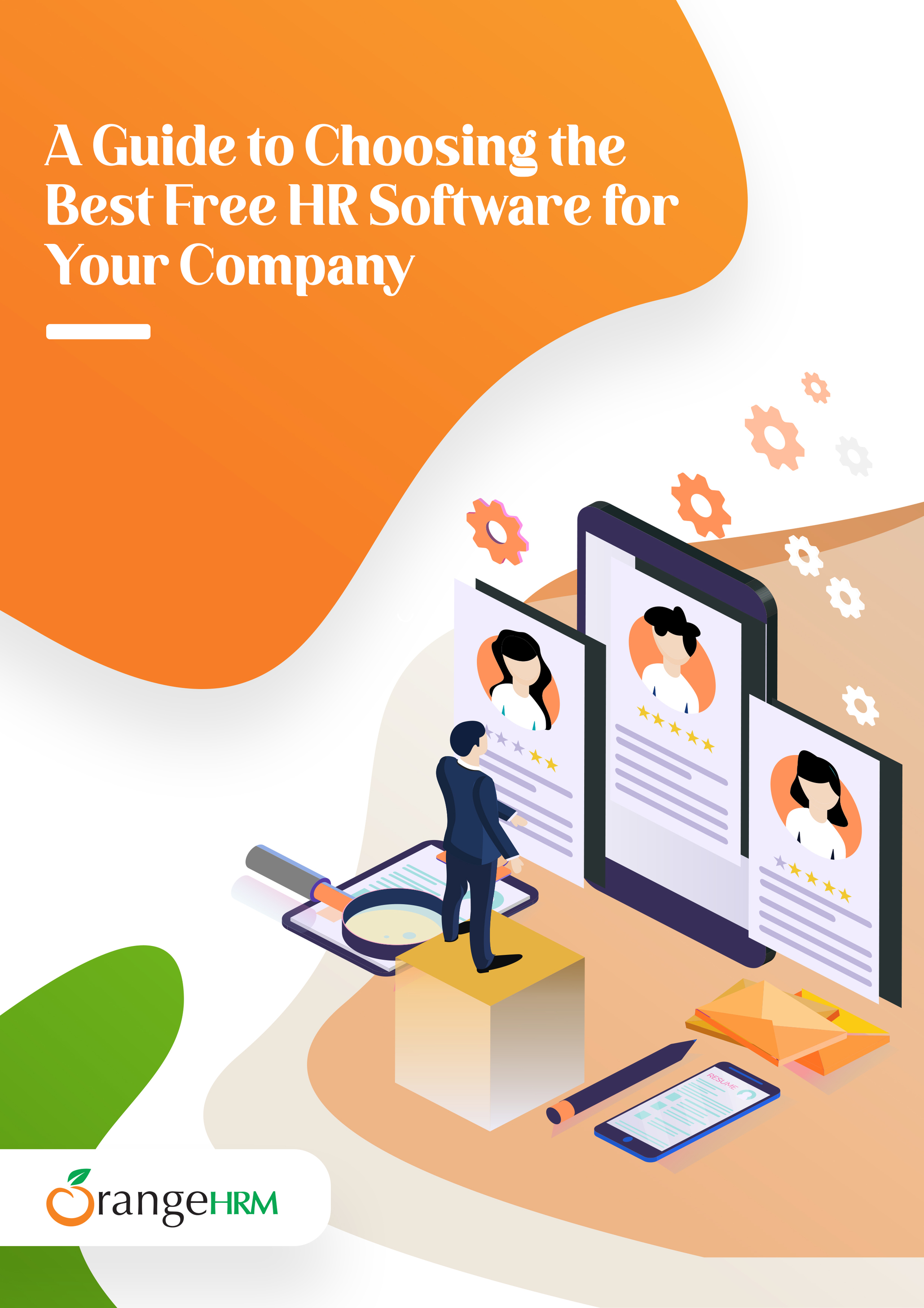
A Guide to Choosing the Best Free HR Software for Your Company
Is your company taking advantage of the vast benefits of HRM software? Maybe it’s not in the budget, or you think it’s more of a luxury than a need. Whatever the reason, if you aren’t already harnessing the power of software in your HR department, there’s no reason to wait any longer. Many companies offer free versions that allow HR teams to fulfill some of the most import HR functions…completely free of charge!
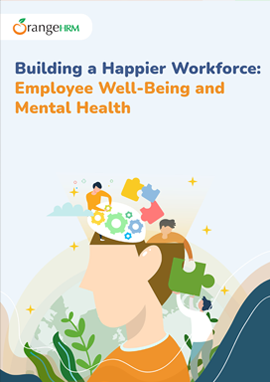
Building a Happier Workforce: Employee Well-Being and Mental Health
Why should employers care about their employees’ well-being and happiness? Besides the ethical ramifications, it makes good business sense. Happy employees are more productive and contribute to better company morale, employee retention, and recruitment. Gallup found that employees who scored high in all five well-being categories listed above missed 41 percent less work because of poor health and were 81 percent less likely to look for different employment.
Data-Driven Decision-Making in HR
According to a survey report from software company Sage People, while 83 percent of HR leaders agree that all people decisions should be based on data and analytics, only 37 percent actually use data to solve their HR issues. In fact, a survey conducted by IT company Sierra-Cedar found the most popular tool for business intelligence and HR analytics was Microsoft Excel, which simply can’t process big data.
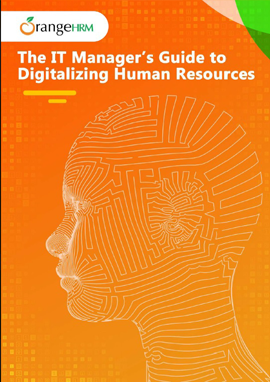
The IT Manager’s Guide to Digitalizing Human Resources
Digitalizing your company’s human resources department may be one of the best moves you can make as an IT manager, particularly during the COVID pandemic, when a majority of employees are working from home. As with any digital transformation, aligning the objectional transformational objectives of organizations with the HR department is key.

Performance Management
77 percent of executives believe that yearly performance reviews don’t accurately show their employees’ contribution. The difference is: they’re still doing them. In fact, a CEB study showed that managers spend an average of 210 hours a year conducting performance management activities–a method they know to be faulty.
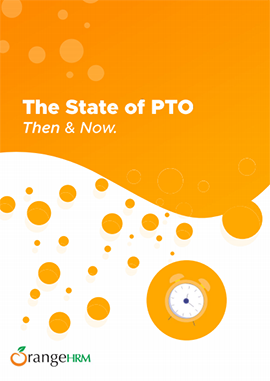
The State of PTO
The State of PTO then and now eBook covers the past, current, and potential future of what PTO may look like for you and your team. Be prepared now, because the Chicago Tribune is thinking that something might pop in in Q4.

Spreadsheets to HRMS – A Buyer’s Guide
As you start to look for an HRM or HRIS for your business, there are a few major details you need to think of before making that jump.
Employee Onboarding
25% of businesses say that they don’t even offer a formal onboarding. There are strong consequences when you don’t properly onboard your new hires. Instead of potentially losing them, why not take our "Employee On-boarding Test" and see where you stack up.
The Future of Remote Working is Now
53% of employees want to work remotely some or all of the time after the pandemic is over. With more and more employees working from home, we looked at some gaps you might not have thought of that can help you and your team excel.

The Talent Paradigm: Engage and Retain
You spend considerable time and resources recruiting top talent into your company. You may even have them designated as “rising stars” or “high potentials”. You have big plans for them and need them for the future. But, how do you identify that next set of top talent – the rising stars?